 On some level, everyone is a consumer. You can be the staunchest anti-consumerist in the world, but at the end of the day, I’ll still see you in the toilet paper aisle.
On some level, everyone is a consumer. You can be the staunchest anti-consumerist in the world, but at the end of the day, I’ll still see you in the toilet paper aisle.
A consumer marketing principal is that you (the consumer) purchase items with three “heads.” Your mind, which regulates the consumption of rational, or even survival items, such as deodorant, toothpaste, and food. A good deal of the companies that fall into this category are known as CPG, or Consumer Based Good brands (such as Unilever – which makes all of the products I just listed.)
The second place a consumer purchases an item from is their heart. These items are, you guessed it, products you love. You see a shirt, or a jacket, or a phone case, or whatever, and you want it – so you buy it.
At its core, the difference between the mind and the heart fundamentally seem pretty small, since they are both examples of consumerism. However, the defining difference here is that you don’t really need the stuff you want. This means that the products themselves are the differentiators between classes. The products in this class also do not cary much social-value. Who cares what brand of flip-flops you wear?
No one. So I’m not going to pay much attention to these two classes. For the context of what I’m talking about, they’re not important. The type of deodorant you wear doesn’t define your social status. The fact that you wear it does.
 The third and final place consumers purchase items from is their genitals. These are items that, for whatever reason, you really really want. These products are luxury items, and generally speaking, they cost the most to own out of the three categories. These, more than any other products in existence, act as status symbols. A $20,000 Rolex, and a $20 Timex fundamentally do the same thing, but a Rolex says you’re well-off, and a Timex says you were recently in a CVS.
The third and final place consumers purchase items from is their genitals. These are items that, for whatever reason, you really really want. These products are luxury items, and generally speaking, they cost the most to own out of the three categories. These, more than any other products in existence, act as status symbols. A $20,000 Rolex, and a $20 Timex fundamentally do the same thing, but a Rolex says you’re well-off, and a Timex says you were recently in a CVS.
And it doesn’t even have to be something as extreme as a watch that costs more than my car, either. If you own an iPhone, statistically, you are perceived as more wealthy and well educated than your friend with an android.
This is great for brands, because often they make the most profit out of products in this class. One example of this is Porsche, who makes a higher profit per each car sold than almost any other auto maker in the world.
Now the question is, how does this correlate into our income inequality problem in America.
As it turns out, studies show that the people who cannot afford the items in the third class, are the people who often seek them out the most. This study found that Google searches for luxury items are higher in states with more income inequality.
Does this mean there is a direct correlation to poverty and Google searches for Gucci? No. However, it does shine light on the research patterns of the haves and the have-nots. Literally, more people google aspirational products in states where there are more extreme examples of poverty.
What this says is that people want — prepare yourself for a technical term here — crap. Our society places a heavy value on material positions. And the more expensive the item, the higher social value it brings to the consumer.
I was curious to see how much a t-shirt from Gucci cost. So I looked it up. $850. For those who care about fashion, it’s impossible to stay en-vogue without having deep pockets, or a second mortgage. It’s for this reason that cheap fashion is starting to rise, though it has a nasty dark side. The human cost to produce an economical but trendy fashion product is astronomical. The clothing in Walmart is literally created in sweat shops, forcing workers to work in inhumane and hazardous conditions, all for a t-shirt.
So, now that we have outlined a problem here, how is it fixed?
I’m not sure. There really is no Call to Action here. There’s no rally against consumerism; you’d just look crazy. I think the most important way to deal with the dark side of consumerism is to deal with it piece by piece. Address sweatshops, and than move on from there, for example.
The first step is knowledge, and, since you made it this far in my blog post, I can only assume you have left with a little more knowledge on the subject — which is good.
However, this is our last blog… which is bad. So, as I, the student must go off and forge new paths ahead, you, the reader must also do the same. You have done something to lead you to this blog, which is great. But it’s now your turn. Take it from here.

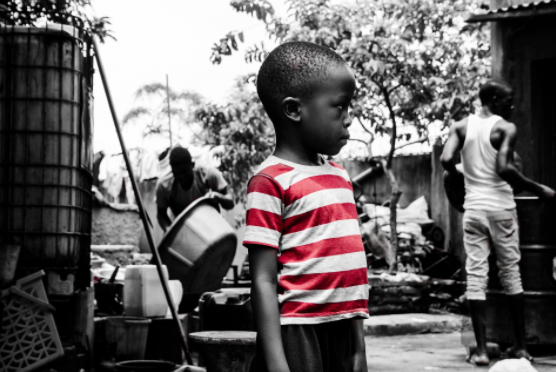 Over the course of a semester, our class has learned plenty about wealth and income inequalities. We visited a homeless shelter and got to see just how people are impacted by poverty. We addressed the various subcultures that are impacted by certain policies such as
Over the course of a semester, our class has learned plenty about wealth and income inequalities. We visited a homeless shelter and got to see just how people are impacted by poverty. We addressed the various subcultures that are impacted by certain policies such as 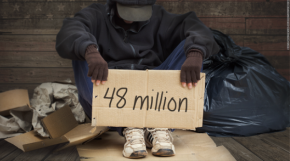 So here’s my theory: if instead of sharing that Facebook post of participating in that lecture,
So here’s my theory: if instead of sharing that Facebook post of participating in that lecture,  This semester, we went through all aspects of
This semester, we went through all aspects of  How does a free monthly income sound? Amazing right? But how exactly would this work?
How does a free monthly income sound? Amazing right? But how exactly would this work? The point of the basic income is to provide enough for individuals for basic needs, which include food, shelter, and education. There are no controls on how the money can be spent, which means people may not spend the money for the “right” reasons. There’s no control if they spend it on unnecessary desires or illegal activities.
The point of the basic income is to provide enough for individuals for basic needs, which include food, shelter, and education. There are no controls on how the money can be spent, which means people may not spend the money for the “right” reasons. There’s no control if they spend it on unnecessary desires or illegal activities. Being poor and being anxious about money can reduce your mental capabilities. This loss is, on average,
Being poor and being anxious about money can reduce your mental capabilities. This loss is, on average,  Poverty is a vicious cycle here in the U.S.A.’s capitalist, free market economy. When discussing poverty, people often place the blame squarely on the shoulders of the poor. Society often expects the poor to lift themselves up by their bootstraps and make a living for themselves – after all, everyone has equal opportunity here in the land of the free… right?
Poverty is a vicious cycle here in the U.S.A.’s capitalist, free market economy. When discussing poverty, people often place the blame squarely on the shoulders of the poor. Society often expects the poor to lift themselves up by their bootstraps and make a living for themselves – after all, everyone has equal opportunity here in the land of the free… right? …you could eradicate
…you could eradicate 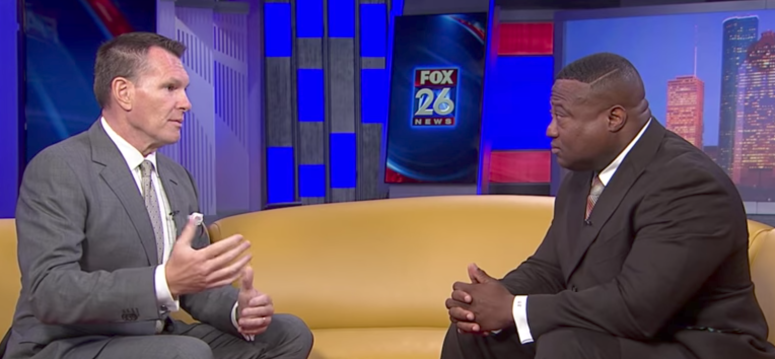 I recently watched a Fox News
I recently watched a Fox News 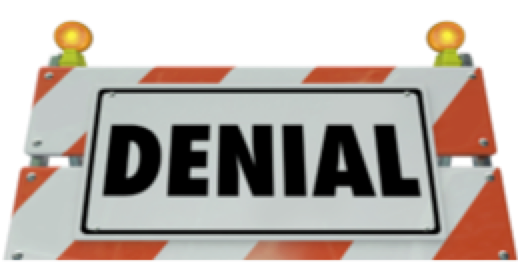 The scary thing is that the racism isn’t blatant anymore; it’s systematic, and institutionalized so that most people don’t even see it.
The scary thing is that the racism isn’t blatant anymore; it’s systematic, and institutionalized so that most people don’t even see it. The Economic Security Project, a group of technologists, investors and activists, are
The Economic Security Project, a group of technologists, investors and activists, are 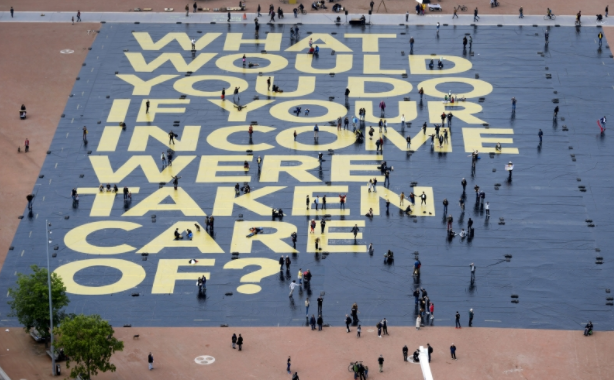 It sounds great on the surface. Give enough money to people so they can survive and thrive. Stop people from having to work dead-end jobs that they hate just to pay the bills and put food on the table. I want to end poverty in this country just as much as everyone else, but a UBI in America just isn’t feasible. Humans have had to work hard to survive for our entire existence on this planet, and for the foreseeable future, I don’t see that changing. We all must do things that we don’t like to survive, and today, that means staying at that dead-end job that you might not like, at least until you can find something better.
It sounds great on the surface. Give enough money to people so they can survive and thrive. Stop people from having to work dead-end jobs that they hate just to pay the bills and put food on the table. I want to end poverty in this country just as much as everyone else, but a UBI in America just isn’t feasible. Humans have had to work hard to survive for our entire existence on this planet, and for the foreseeable future, I don’t see that changing. We all must do things that we don’t like to survive, and today, that means staying at that dead-end job that you might not like, at least until you can find something better.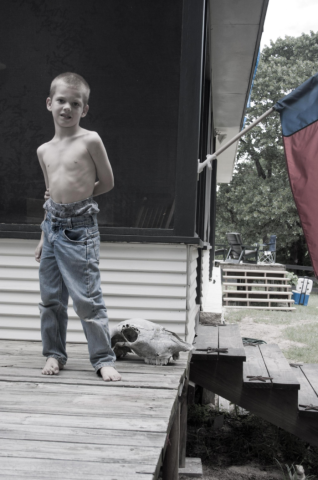 Part of the American Dream is working hard to succeed — many of us hope to own a home in the suburbs with a white picket fence, steady job and healthy family.
Part of the American Dream is working hard to succeed — many of us hope to own a home in the suburbs with a white picket fence, steady job and healthy family. Profiling leading to generational prison cycles
Profiling leading to generational prison cycles